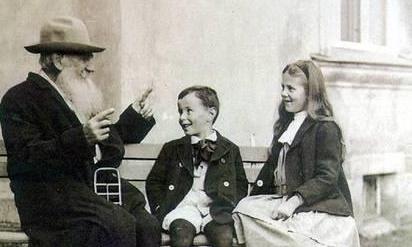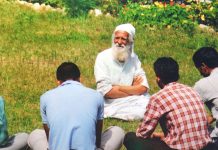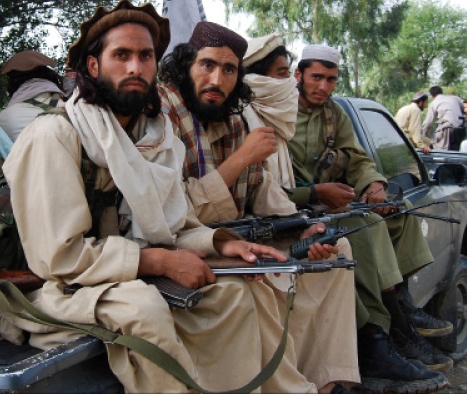Peace-loving people have always cherished a world without wars. Yet war has remained a highly destructive force in human history, peaking in the 20th century when two world wars were fought alongside numerous other highly destructive wars and civil wars.
In the 21st century wars have become so destructive that potentially millions of people can be killed in a single day of war. These deaths can be of an extremely painful nature. Besides, as long as the threat and high risks of war remain, it is unlikely that humanity will be able to create the close, enduring cooperation needed for resolving other life-threatening critical problems like those of climate change and related issues of environmental ruin. Hence, in a way checking the threat of war has become like a survival issue now.
The possibilities of reducing the threat and risks of war can be explored at various levels. One aspect is to limit the risks of damage by ensuring the weapons of mass destruction are never used. Another aspect is to anticipate the causes which can lead to wars, particularly big wars, and then try to resolve these causes well in time. Some economic factors relating to currency, trade or control over resources or land can lead to a war and so it should be possible to avoid war by resolving these issues peacefully in time. If the countries involved in a conflict can instead by convinced that in fact their economic interests will be served by cooperation with each other, then possibilities of war can certainly decrease. In existing conflict-zones possibilities of future flash points which can worsen the situation rapidly can be identified and these can be reduced.
While all these possibilities have potential and should be explored, past experience suggests that the peace movement needs to have an imagination (backed by the necessary efforts) beyond this. At a time when the world is faced by nothing less than a survival crisis, the solution must be seen in a framework much wider than what was done earlier. A wider thinking of ‘no war ever in future’ must certainly be considered, instead of striving for peace only in bits and pieces.

Tolstoy had such a broad vision and he called upon youths, (including youths of his own country) not to join any army, and he asked soldiers not to fight any war. However in practical life this is very difficult as very strong nationalist feelings exist in most countries, and these peak at the time of war, or risk of war, with a foreign power. So any voices for peace and restraint are unlikely to be prolonged or to spread widely in a situation of war or high likelihood of water. In addition if a country is not invading but instead it has been attacked in a highly unjust way then of course it will actually need courageous soldiers for completely ethical self-defence.
So only isolated efforts here and there are not adequate and will not go very far.Instead sustained efforts for a worldwide peace movement are needed which cut across narrow national boundaries and call upon all people all over the world to join in a universal effort against wars. The moral strength of such a worldwide movement, the overall conditions of goodwill created by it, will provide opportunities to people living in conditions of likely war to work on both sides to avoid any possibility of war.
Similarly the peace movement should strive to create such international peace institutions and mechanisms (or radically reform existing ones) so that it is possible to intervene at a very early stage of a possible conflict or invasion to check this.
For the peace movement to become so effective as to achieve such results, the principle of ‘universe as family’ should get increasing support and spread. This principle should give and emphasise our identity as world citizens whose commitment above all is to peace, justice and co-operation at the world level. Any destruction and animosity based on any narrow identity should be discouraged. Once this concept of world citizenship spreads and gives people their most rational identity, then a strong base for avoiding war, civil war and violent conflict will be created.
The next logical step will be to significantly reduce military expenditure. The size of the armed forces will be reduced with alternative livelihoods provided for soldiers in work like disaster rescue and reconstruction as well as ecological regeneration. Their salaries will be protected. As people experience the benefits of this and billions of Rs. from military expenditure are diverted to disaster prevention, environmental protection and meeting needs of people, their commitment to peace will be further strengthened. A very important part of all disarmament efforts has to be to aim for the elimination of all existing weapons of mass destruction and to prevent the emergence of new such weapons like robot, AI and autonomous weapons.
Bharat Dogra is a freelance journalist who has been involved in several social movements and initiatives.










